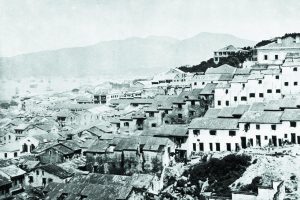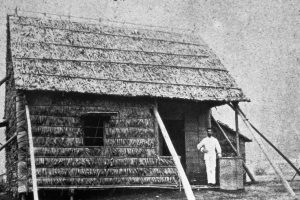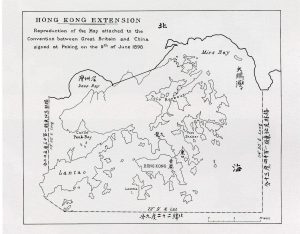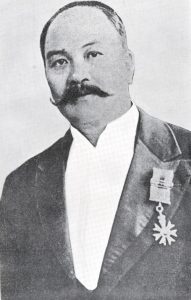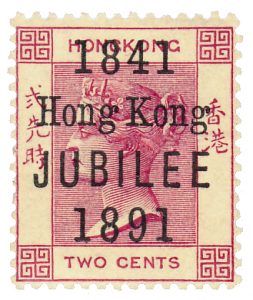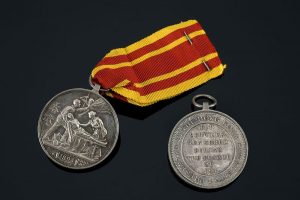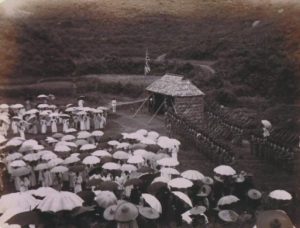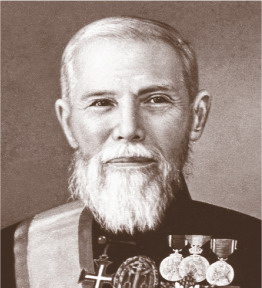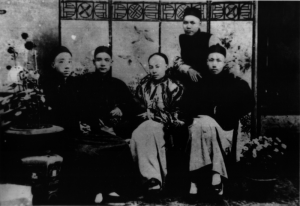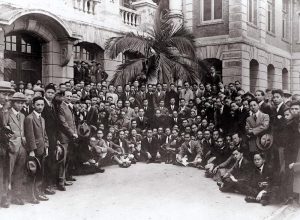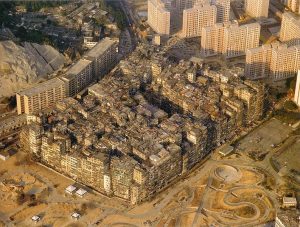I. Tensions and Upheavals
- Qing-dynasty China (1644–1912)
- First Sino-Japanese War (1894–1895)
- The “Scramble for Concessions” (1897–1899)
- The Boxer Rebellion (1899–1901)
- Victorian (1837–1901)/Edwardian (1901–1914) Eras
II. Acquisition of The New Territories (Second Convention of Peking, 1898)
- Resistance (e.g. Kam Tin)
- District Officers
- “Kowloon Walled City“
III. Space of Flow
- Population—44 ships left Hong Kong for San Francisco, taking 7,785 Chinese with them (1851) . . . By 1939, over 6.3 million Chinese emigrants had embarked at Hong Kong for a foreign destination . . . the Chung Collection (UBC)
- Ho Kai (1859–1914) . . . Robert Ho Tung (1862–1956) . . . Tse Tsan Tai (1872–1938; The Situation in the Far East [1899]; South China Morning Post [1903])
- Chinese Chamber of Commerce (1896) . . . Sincere Company (1900; Ma family/Australia) . . . Wing On Department Store (1907; Kwok family/Australia)
- The bubonic plague of 1894—Canton (~100,000) . . . Hong Kong (>2,500) . . . Hygeia . . . Chadwick Report (1882) . . . Sanitary Board (1883) . . . consequences
IV. Faces of Nationalism
- Cantonese connections—Kang Youwei 康有為 (1858–1927) . . . Liang Qichao 梁啟超 (1873–1929)
- Hong Kong connections—Wu Tingfang 伍廷芳 (aka Ng Choy; 1842–1922) . . . Furen Literary Society 輔仁文社 (1892; merged with Revive China Society [1895]) . . . Sun Yat-sen 孫中山 (1866–1925; audio recordings [Mandarin/Cantonese]) . . . China Daily 中國日報 (1900)
- The 1911 Revolution and its aftermath—Chinese Publications Ordinance (1907) . . . Peace Preservation Ordinance (1886; amended 1911)
Discussion
The documents we read this week are about changes, but they were all written from particular perspectives. Taken that into consideration, how would you . . .
- explain Tse Tsan Tai's purpose in composing his Secret History of the Revolution?
- describe the role of Hong Kong as an agent of transformations?
- characterize the ways Robert Ho Tung describes the Chinese community in Hong Kong?
- make sense of Sun Yat-sen's praise of Hong Kong?
Separately, imagine you are someone living in Hong Kong at the turn of the twentieth century. Give yourself an identity and write a short brief (paragraph) to the colonial government explaining why it should or should not support the revolutionary movement.
Maps
Images
References
-
-
- Choa, G. H. The Life and Times of Sir Kai Ho Kai: A Prominent Figure in Nineteenth-Century Hong Kong . 2nd ed. Hong Kong: Chinese University Press, 2000.
- Law Wing Sang. Collaborative Colonial Power: The Making of the Hong Kong Chinese . Hong Kong: Hong Kong University Press, 2009.
- Luo Xianglin. The Role of Hong Kong in the Cultural Interchange Between East and West. Tokyo: Center for East Asian Cultural Studies, 1963.
- Pomerantz-Zhang, Linda. Wu Tingfang (1842–1922): Reform and Modernization in Modern Chinese History . Hong Kong: Hong Kong University Press, 1992.
- Teng, Emma Jinhua. Eurasian: Mixed Identities in the United States, China, and Hong Kong, 1842–1943 . Berkeley and Los Angeles: University of California Press, 2013.
- Tsai, Jung-fang. Hong Kong in Chinese History: Community and Social Unrest in the British Colony, 1842–1913. New York: Columbia University Press, 1993.
-

